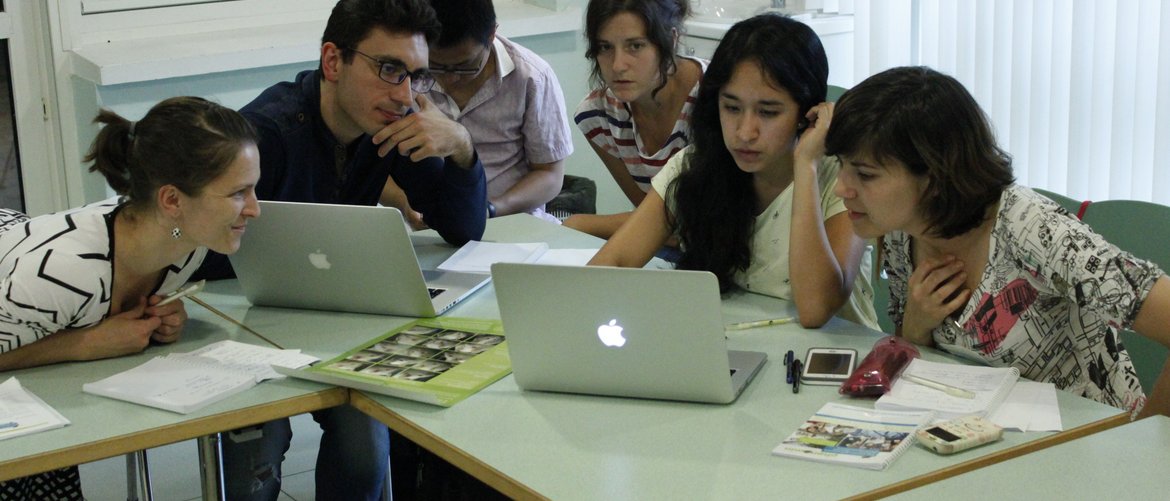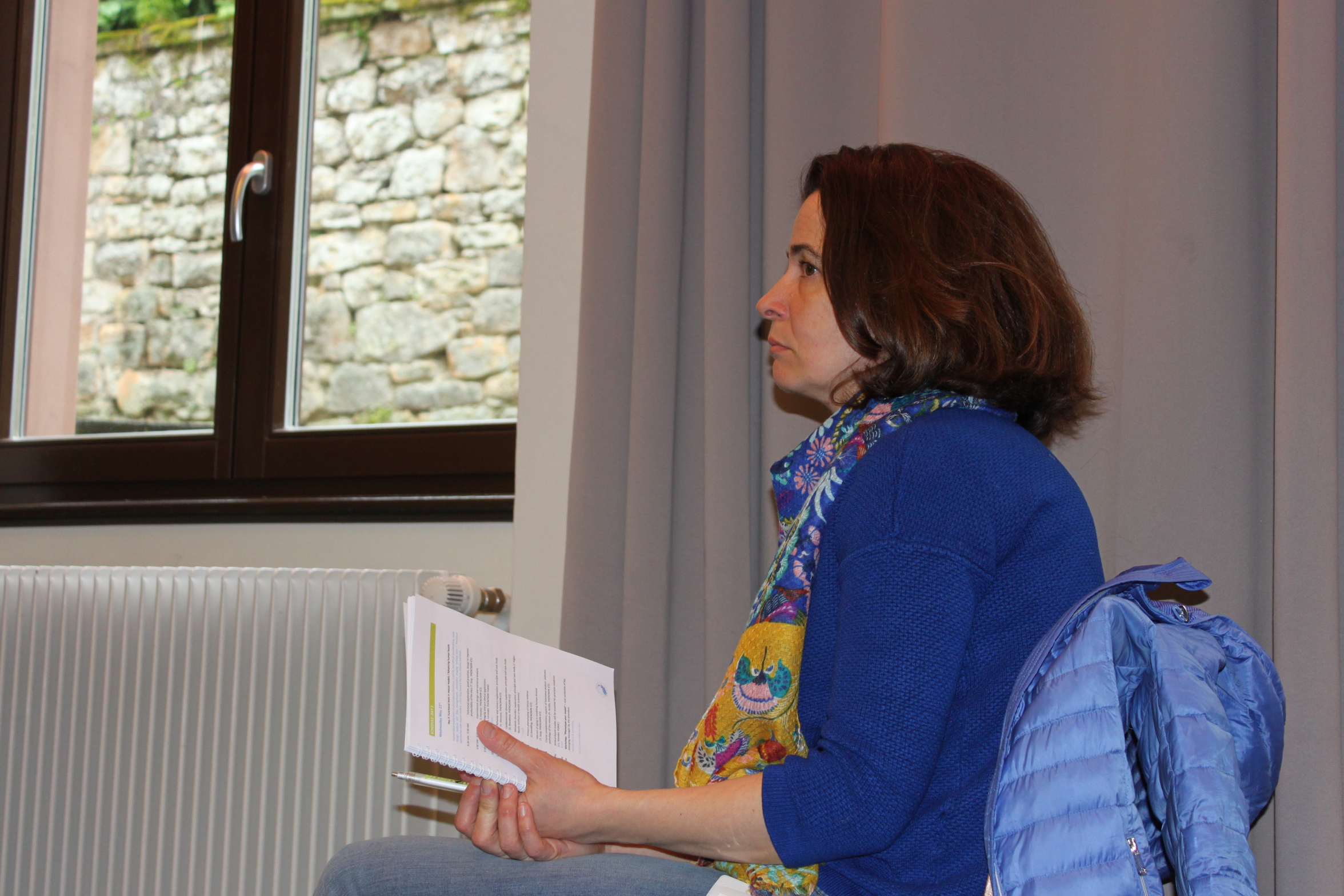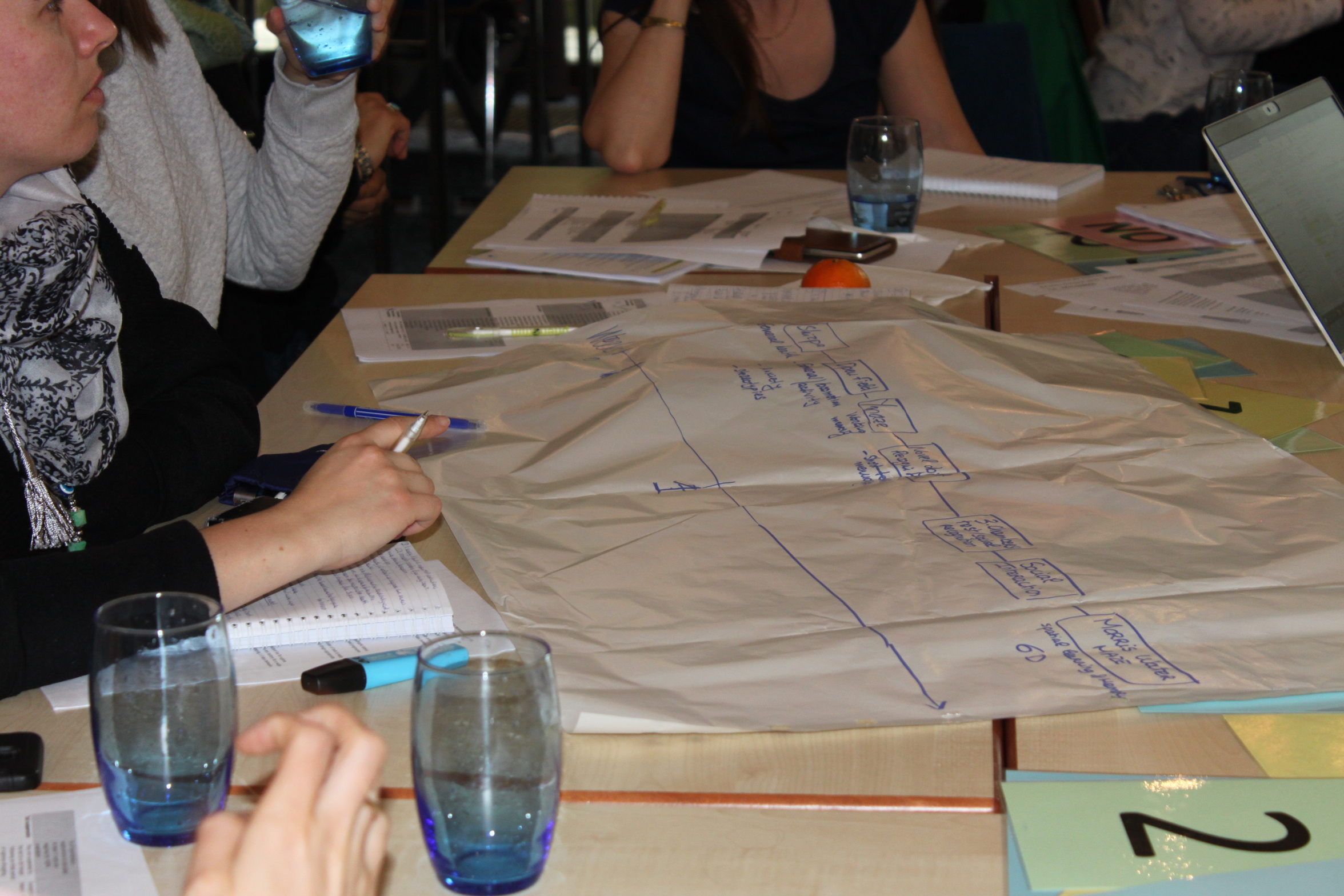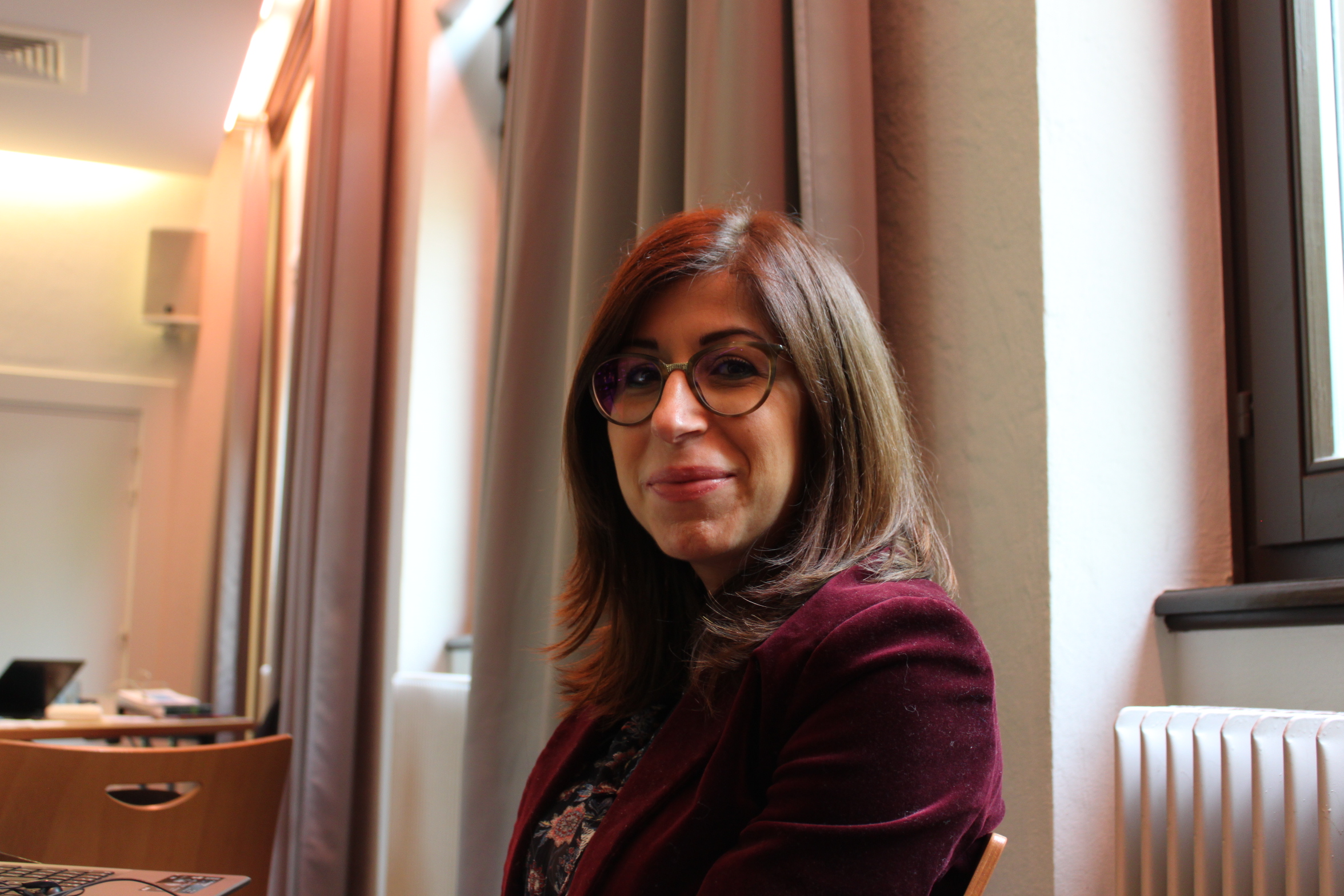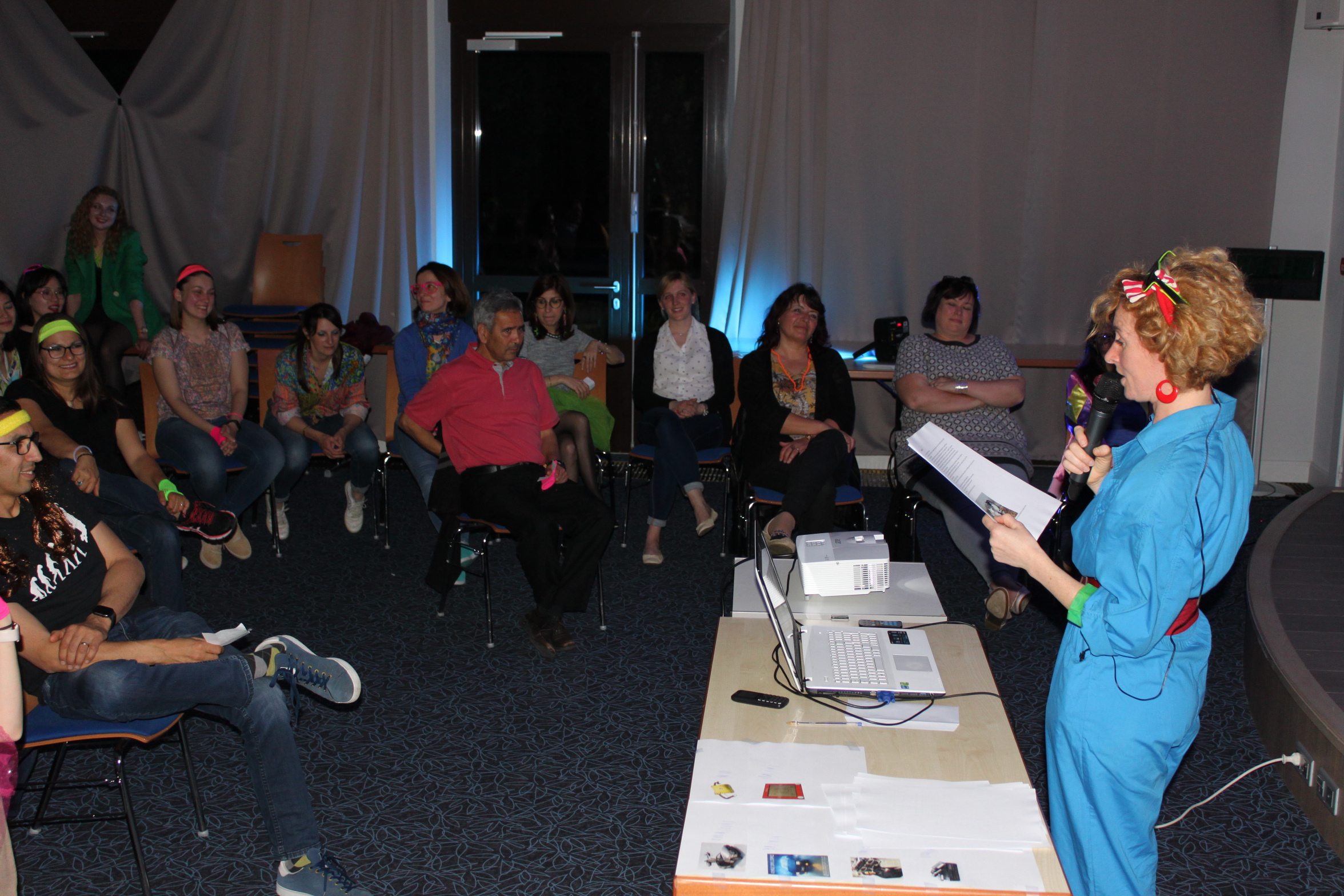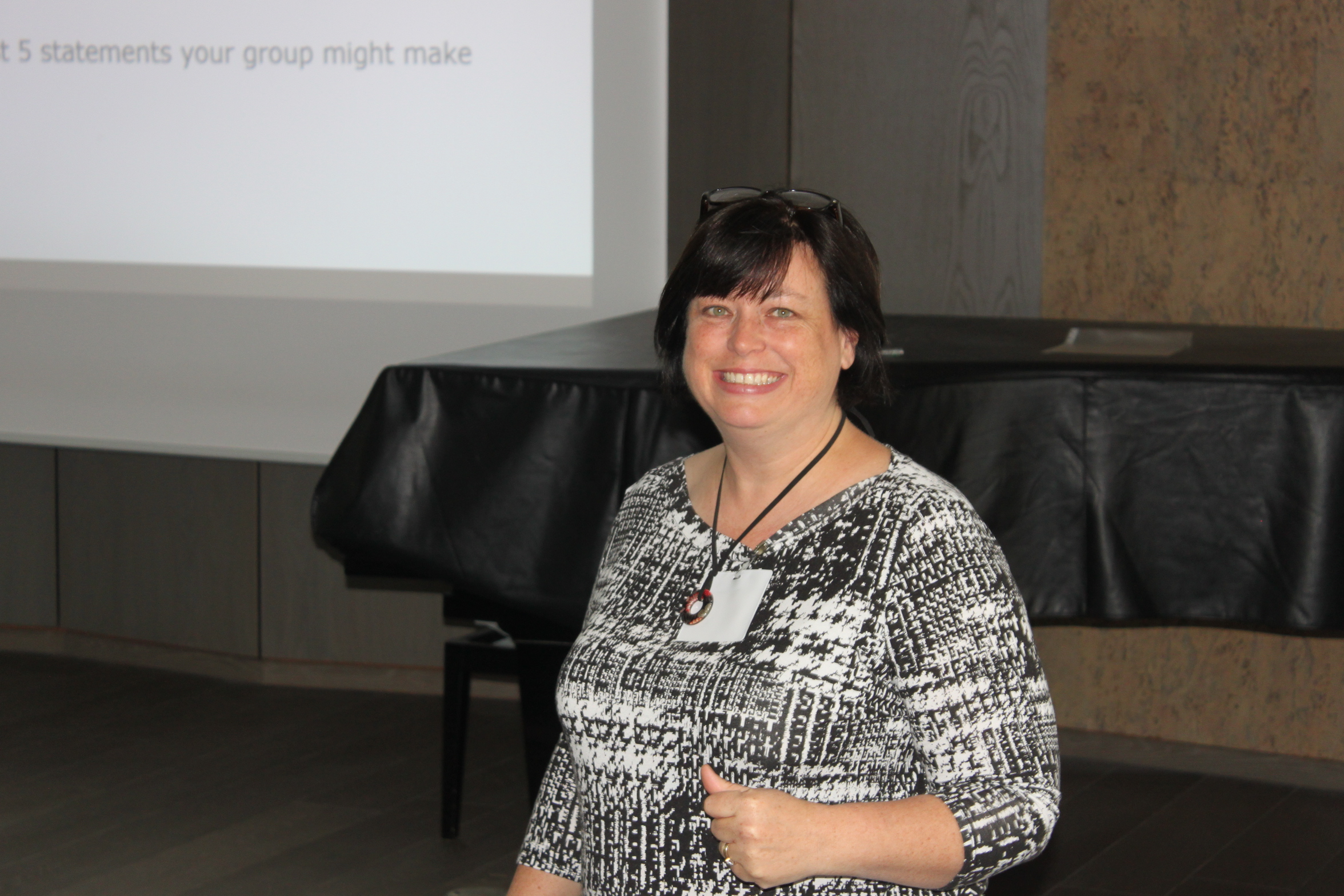CAS
Laboratory of Gnotobiology, Institute of Microbiology of the Czech Academy of Sciences, Doly 183, 54922 Novy Hradek
Czech Republic
|
SCHWARZER Martin
|
CNB-CSIS
Centro Nacional de Biotecnologia, Campus de la UAM en Cantoblanco, C/ Darwin, 3- 28049 Madrid
Spain
|
MONTOLIU Lluis
|
IGBMC
Institut de Génétique et Biologie Moléculaire et Cellulaire, CNRS UMR7104 - Inserm U964,1 rue Laurent Fries, BP10142, 67404 Illkirch Cedex
France
|
MANDEL Jean-Louis
|
MRC
Mary Lyon Centre and Mammalian Genetics Unit, Medical Research Council Harwell Institute, Harwell Campus, Oxfordshire, OX11 0RD UK.
United Kingdom
|
SANTOS Luis
WELLS Sara
|
Nestle Institute of Health Sciences
EPFL - Innovation Park- 1015 lausanne, Switzerland
Switzerland
|
HAGER Jorg
|
NKI
The Netherlands Cancer Institute, Division of Molecular Genetics, Plesmanlaan 121, 1066 CX, Amsterdam
Netherlands
|
JONKERS Jos
|
Pasteur
Institut Pasteur, 25-28 rue du Docteur Roux, 75015 Paris
France
|
MONTAGUTELLI Xavier
|
PHENOMIN-CIPHE
Centre d'ImmunoPHEnomique, 163 avenue de Luminy, 13288 Marseille Cedex 09
France
|
LUCHE Herve
MALISSEN Bernard
ZARUBICA Ana
|
PHENOMIN-ICS
Institut Clinique de la Souris, 1 rue Laurent Fries, 67404 Illkirch Cedex
France
|
AYADI Abdel
BIRLING Marie Christine
BOU ABOUT Ghina
GONCALVES Isabelle
HERAULT Yann
JACOBS Hugues
MEZIANE Hamid
PAVLOVIC Guillaume
REILLY Patrick
SELLOUM Mohammed
SORG Tania
VASSEUR Laurent
WENDLING Olivia
|
PHENOMIN-TAAM
Typage et Archivage d'Animaux Modèles, 3B Rue de la Férolerie, 45071 Orléans Cedex 2
France
|
LERONDEL Stéphanie
|
University of Bern
Gastroenterology & Mucosal Immunology, Department of Clinical Research, Murtenstrasse 35, 3008 Bern, Schweiz
Switzerland
|
GANAL-VONARBURG Stephanie
|
UZH
University and ETH Zürich, Laboratory of Neuroepigenetics, Irchel Campus Room Y55H66, Winterthurerstrasse 190, CH-8057 Zürich, Switzerland
Switzerland
|
MANSUY Isabelle
|






![Univ_Aix-Marseille [Converti].png](media/filer_public_thumbnails/filer_public/67/89/67896316-b455-4cfd-b060-39d76877b9cd/univ_aix-marseille_converti.png__191x66_q85_crop_subsampling-2_upscale.png)




 "The program was very rich and complete! It covered everything we need to know. I learned very much and I also had a great time! I liked that we also had time to unwind with the social events. The atmosphere was very light and it was easy to ask all the questions I wanted and share my experience and ask for advice. Now I feel more ready to continue my scientific research, although I know I still have much more to learn! :) Thank you for this great experience! :)"
EA
"The program was very rich and complete! It covered everything we need to know. I learned very much and I also had a great time! I liked that we also had time to unwind with the social events. The atmosphere was very light and it was easy to ask all the questions I wanted and share my experience and ask for advice. Now I feel more ready to continue my scientific research, although I know I still have much more to learn! :) Thank you for this great experience! :)"
EA
